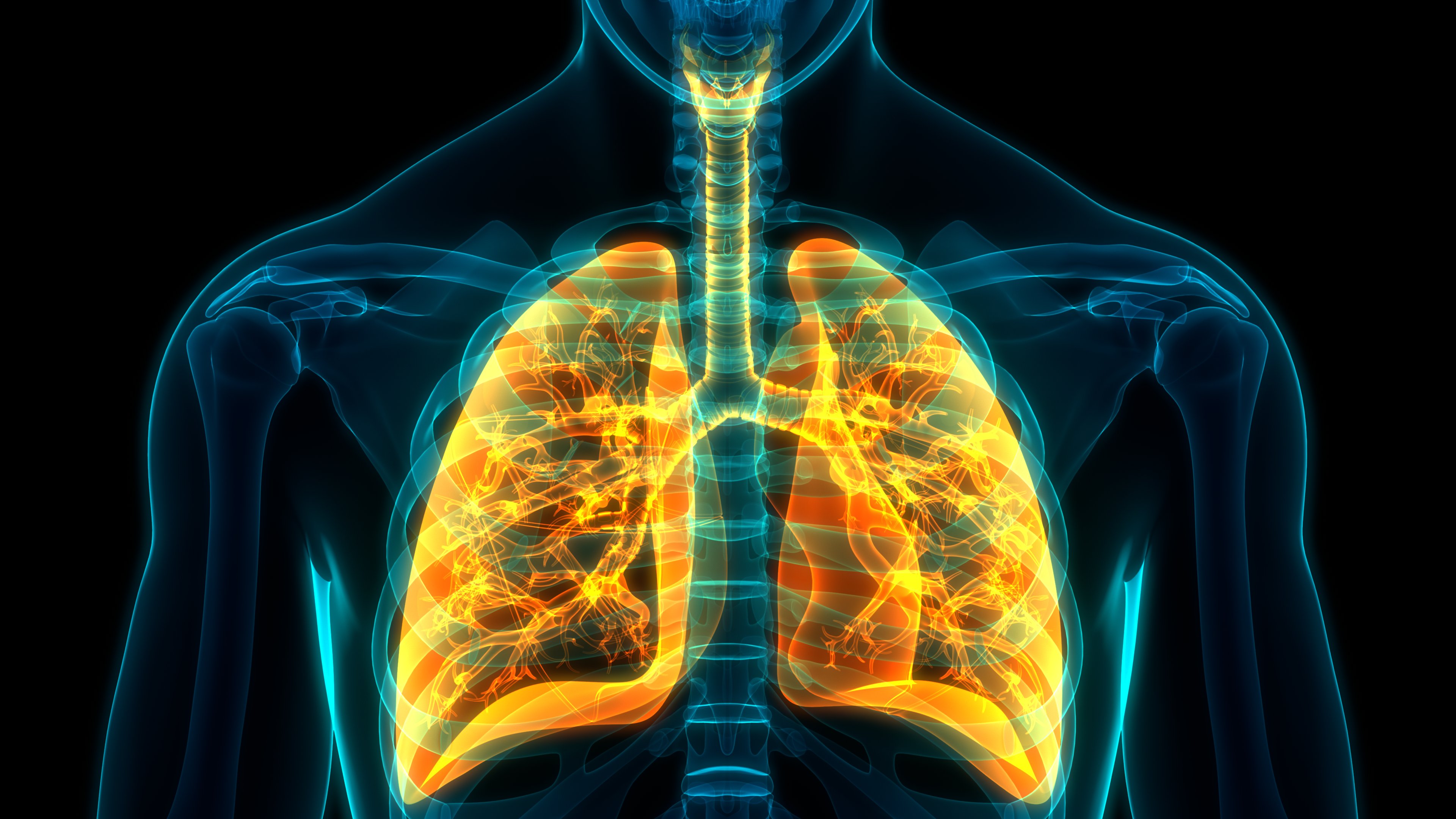Make a Difference with a Respiratory Therapy Career

A respiratory therapist (RT) is a registered medical professional who specializes in assessing, diagnosing, and treating people who have trouble breathing due to a cardiopulmonary issue such as asthma, bronchitis, pneumonia, emphysema, cardiac failure, chest trauma or lung cancer. To thrive in this crucial and dynamic profession, an RT must be well-organized and detail-oriented with strong problem-solving and interpersonal skills and an ability to work well under pressure.
A respiratory therapist can find a deep sense of personal fulfillment and satisfaction by helping patients overcome breathing difficulties and regain their quality of life. The role is challenging and rewarding, providing daily opportunities to positively impact lives.
What is the occupational outlook for a respiratory therapist?
RTs are in high demand. According to the U.S. Bureau of Labor Statistics (BLS), the employment of respiratory therapists is projected to grow 13% from 2022 to 2032, which is much faster than the average of 3% for all occupations. This growth is driven by several factors, including:
- An aging population in the United States
- An increasing prevalence of chronic respiratory conditions, such as asthma and chronic obstructive pulmonary disease (COPD)
- Emerging, sophisticated technologies that require the expertise of a trained professional to ensure full and proper utilization
- A growing emphasis on reducing hospital readmissions through improved respiratory care
For these reasons and others, a respiratory therapist may have strong job security and numerous employment opportunities throughout their career.
What does a respiratory therapist do?
In short, an RT helps people breathe easier. Respiratory therapists have opportunities to work with a variety of patients ranging from premature infants whose lungs are not fully developed to young adults diagnosed with asthma to octogenarians living with advanced lung disease. Their responsibilities can vary from day to day, but may include:
- Assessing patients – Performing diagnostic tests, such as arterial blood gas (ABG) collection and analysis, to evaluate lung function and oxygen levels
- Creating treatment plans – Collaborating with physicians and other healthcare providers to develop and implement effective treatment strategies, such as bronchodilators and aerosolized therapy
- Administering respiratory therapy – Providing treatments, such as oxygen therapy, chest physiotherapy and nebulizer treatments
- Monitoring patient progress – Regularly checking patient status and adjusting their treatment regimens as needed
- Responding to medical emergencies – Assisting in critical care situations, including resuscitation efforts, and managing ventilators in intensive care units (ICUs)
- Educating patients – Explaining how to manage respiratory conditions and use respiratory equipment at home
Can a respiratory therapist specialize in their field?
An RT may choose to pursue any of several areas of specialization, some of which require additional training or certification. Possible options include:
- Adult critical care – Working in ICU settings with critically ill patients who rely on mechanical ventilation
- Neonatal/pediatric care – Working with infants and children who have respiratory issues, often in neonatal intensive care units (NICUs)
- Pulmonary rehabilitation – Helping patients with chronic respiratory conditions improve their quality of life through education and exercise
- Sleep disorders – Working with patients who have sleep-related breathing issues, such as sleep apnea
- Home care – Providing respiratory therapy and education to patients in their homes
Where do respiratory therapists work?
RTs can work in a variety of healthcare settings including hospitals, cancer centers, outpatient clinics, skilled nursing facilities, physicians’ offices, sleep disorder centers, emergency medical centers, pulmonary rehabilitation facilities and patients’ homes.
What type of education and training is required to become a respiratory therapist?
To become an RT in Florida, a candidate must meet certain requirements. These include:
- Education – Completing an accredited respiratory therapy program that incorporates classroom instruction, laboratory work and clinical rotations
- Licensure – Obtaining a license from the Florida Board of Respiratory Care, which involves passing the National Board for Respiratory Care (NBRC) examination and meeting other state-specific requirements
- Cardiopulmonary resuscitation (CPR) certification – Holding a valid CPR certification from an approved provider
- Continuing education – Staying current on the latest advances in respiratory therapy by completing continuing education credits regularly
Respiratory therapist careers at Moffitt Cancer Center
At Moffitt, respiratory therapists play an integral role in our multispecialty approach to cancer care, ensuring that our patients receive the highest level of respiratory support and treatment throughout their cancer journey. Working closely with oncologists and other healthcare providers, RTs help our patients manage respiratory complications associated with cancer and its treatment.
Moffitt offers a range of career opportunities for respiratory therapists, including:
- Clinical RT roles – Providing direct patient care, performing diagnostic tests and administering respiratory treatments to cancer patients
- Specialty care units – Working in the ICU or the Blood and Marrow Transplant and Cellular Immunotherapy (BMT CI) Program, where advanced respiratory care is often needed
- Research and education – Assisting with clinical trials related to respiratory care in cancer patients and educating patients on respiratory health
- Leadership and administration – Pursuing opportunities to advance into managerial or administrative roles within our respiratory therapy department or broader hospital leadership
Moffitt also offers respiratory therapy students an opportunity to complete their last clinical rotation at our cancer center. Under the supervision and guidance of an RT mentor, the student will take assignments in both critical care and floor care, providing essential respiratory therapy to our patients. Interested RT students can apply here.
A role as a respiratory therapist at Moffitt demands not only technical expertise but also compassion and the ability to work collaboratively within an interprofessional healthcare team. If you are up for the challenge, apply now, and join us in shaping the cancer-free future we envision.
